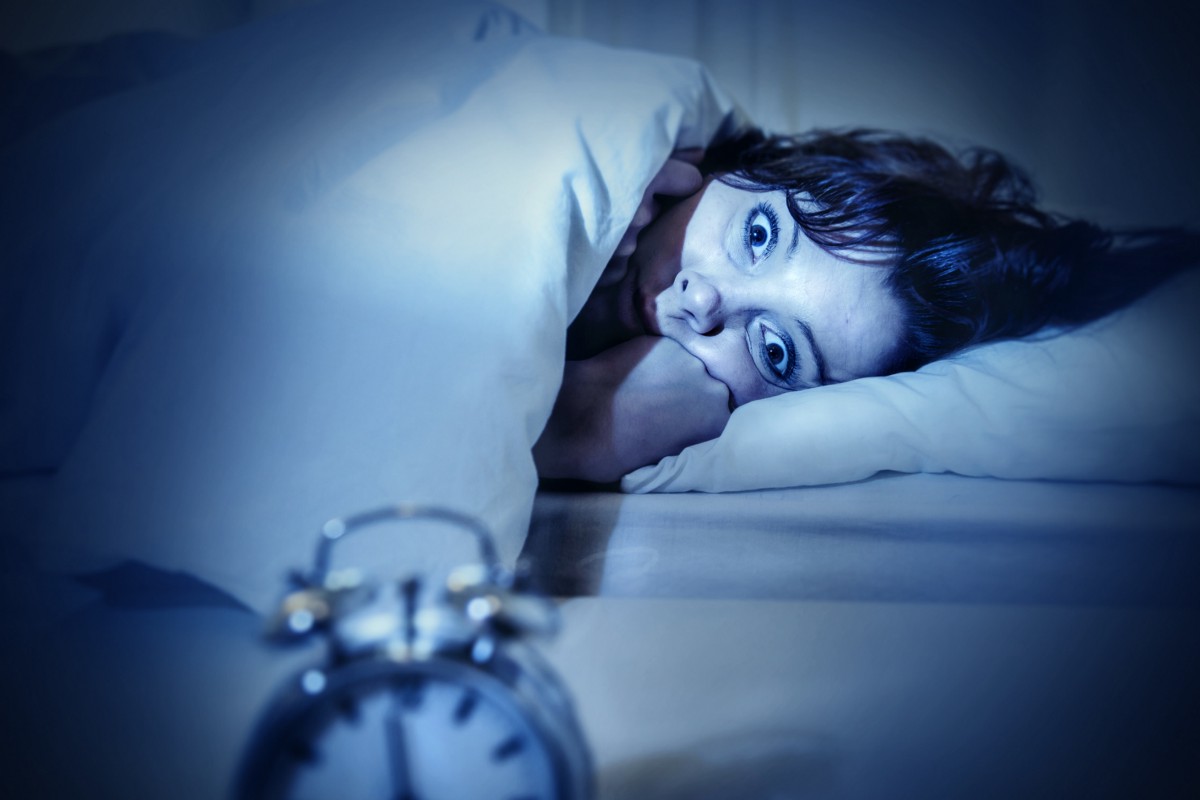Can Chronic Insomnia Cause Depression?

Sleep deprivation is often common in clinical depression, showing a definite link between depression and lack of sleep. If you look into the signs of depression, one of these is insomnia. That said there are cases when a person may not be depressed but feel irritable, moody, helpless, sad, and miserable because of their inability to fall asleep. Insomnia is among the most common sleep disorders that affect almost one out of every three adults some time in their life. It is more likely to occur in women than in men, and it can become more prevalent with age. Insomnia treatment in Toronto can help you identify the cause of your condition and prevent it from causing depression.
Experts state that adults require seven to nine hours of sleep daily, although an average individual would get only about 6.9 hours. When depression is present, sleep problems worsen. While insomnia is just one of the symptoms of chronic depression, it does not necessarily cause depression. Lack of sleep, however, may play a role—and it has been shown to worsen depression that is caused by personal problems or underlying medical conditions. In a Toronto rehab institute, specialists may consider the inability to sleep for extended periods of time as a clue that a client may be depressed.
Medication is often the most commonly prescribed insomnia treatment in Toronto, but there are rehabilitation institutes that focus on reconditioning the brain with a holistic whole brain-body approach. In addition to stabilizing and normalizing brain activity, a Toronto rehab institute promotes sleep hygiene concepts while addressing nutritional deficiency that relate to the body and the sleeping brain. Through mindfulness, cognitive, and behavioural methodologies, a balanced brain is reinforced and self-regulated and the patient is educated.
Successful insomnia treatment in Toronto can help stabilize brainwave patterns, normalize the brain’s response to psychological stress, optimize the brain’s ability to self-regulate, and administer sleep hygiene and metabolic or nutritional state concepts.
